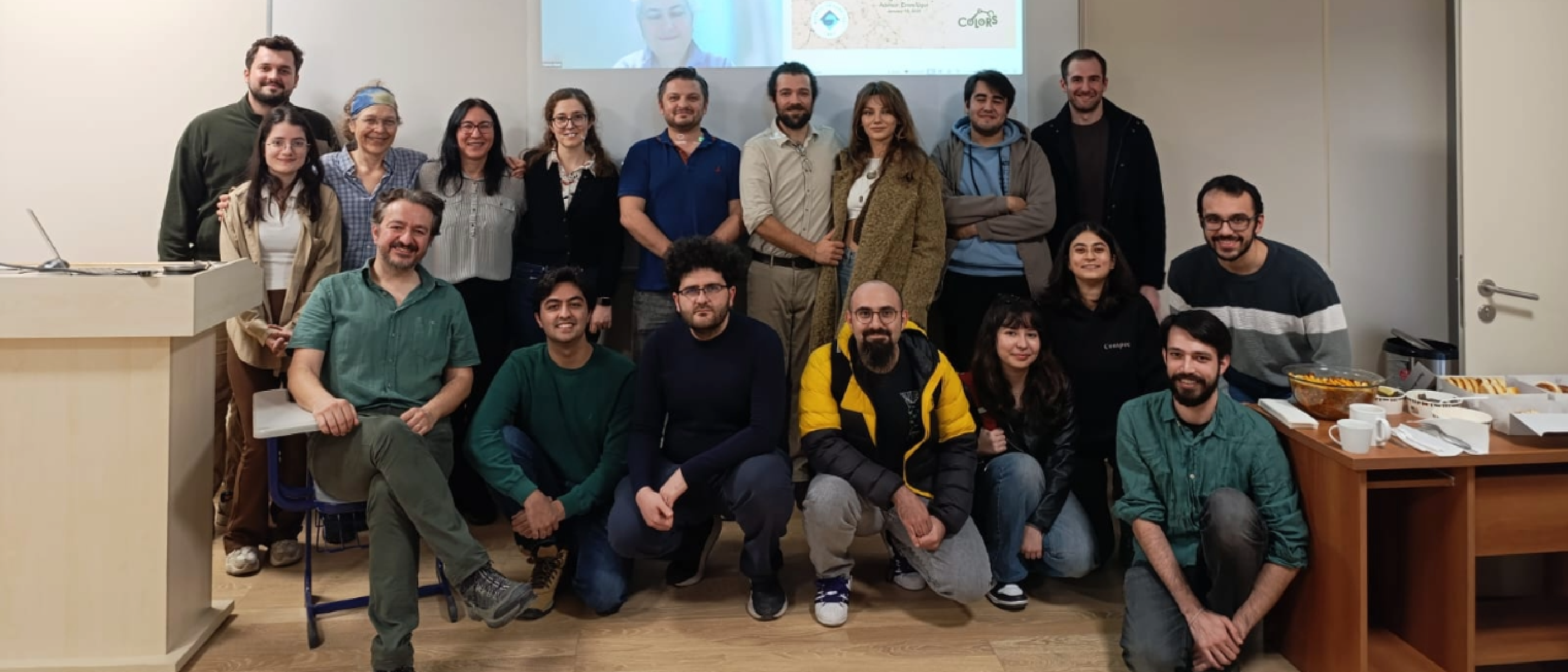Congratulations Dr. Yiğit Yıldırım
Last modified on February 8, 2026 • 2 min read • 272 wordsYiğit Yıldırım has successfully defended his PhD thesis

Learning robotic navigation and manipulation primitives from demonstration
Abstract
The current raison d’être of robots is their potential to be utilized in tasks deemed suitable by humans and for the benefit of humanity. To ensure that robots perform designated tasks as successfully as humans, it is logical to aim for human intelligence or functionality. The research presented in this thesis is a collection of attempts to bring robot functionality one step closer to the human level. Learning from Demonstration (LfD), which essentially signifies teaching robots new skills by demonstrating them, provides invaluable resources for progressing in this direction. With the advances in data-driven approaches, LfD methods have undergone a significant transformation. Despite the improvements, there remains a substantial gap between humans and robots in terms of intelligence. To help bridge this gap, we first proposed increasing the sociability of mobile robots. We introduced a data-driven navigation framework that learns navigation-related movement primitives from real-world human data. The proposed model leverages spatial metrics of proxemics and trajectory characteristics to minimize disturbance to surrounding individuals. Building on this work, we proposed a new LfD framework called Conditional Neural Expert Processes (CNEP). CNEP learns movement primitives of diverse skills simultaneously in an unsupervised manner. Leveraging the entropy concept, CNEP paves the way for capturing the multimodalities in demonstrations. Finally, many real-world skills require the rhythmic application of the same primitive, such as hammering a nail. For such skills, we proposed the Position- Enhanced Movement Primitives (PEMP) model that learns to utilize the angular phase instead of the linear phase. Our experiments showed that PEMP has great potential in modeling and synthesizing periodic primitives.